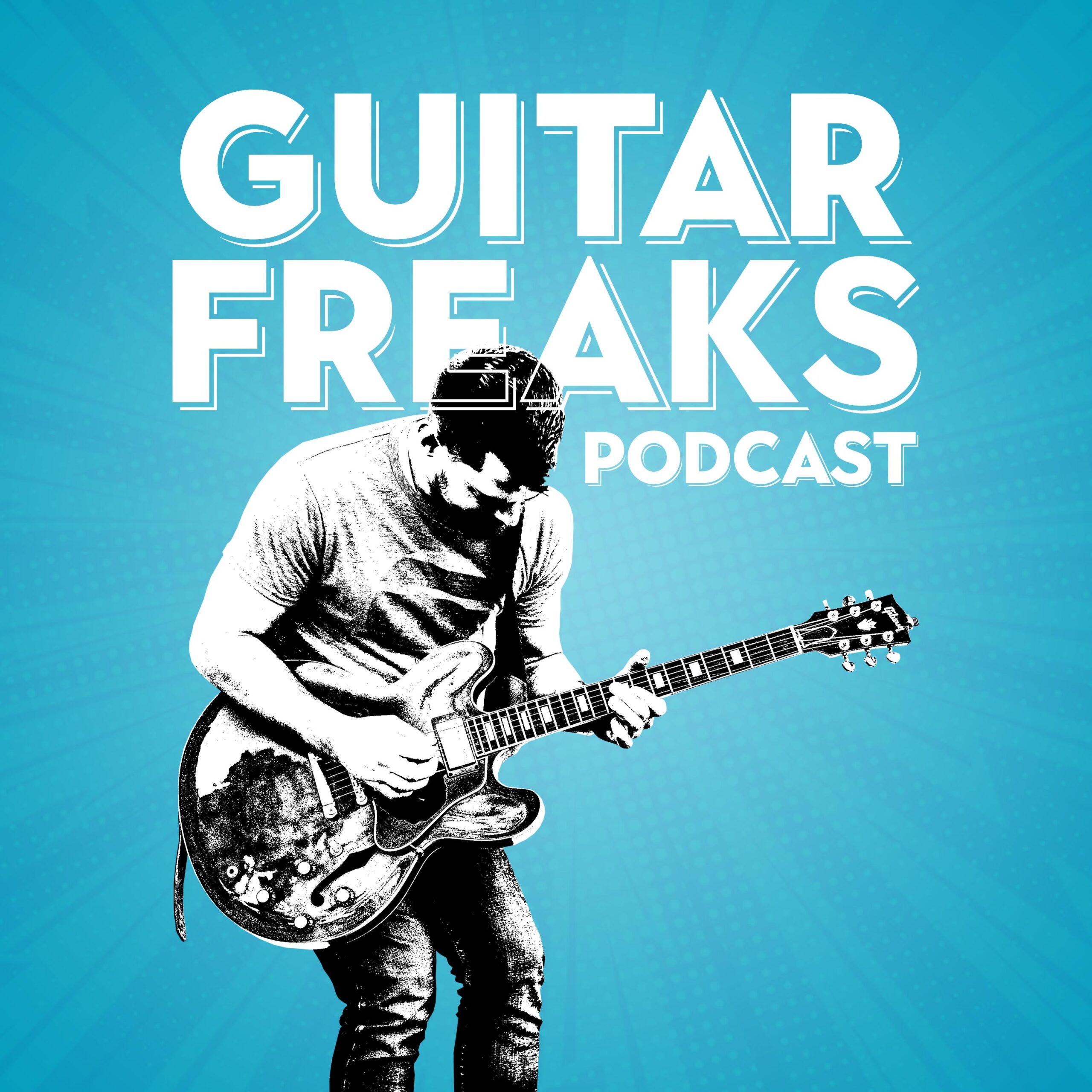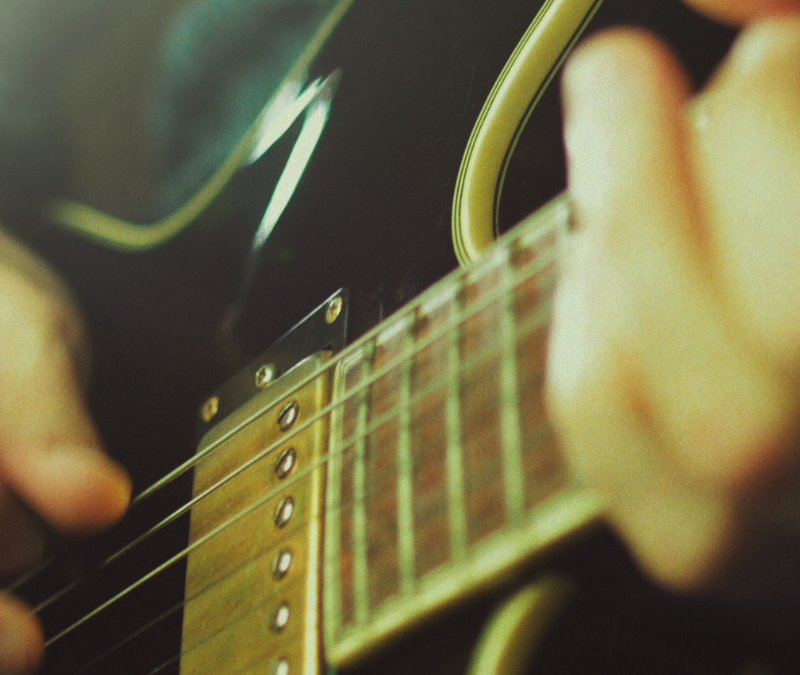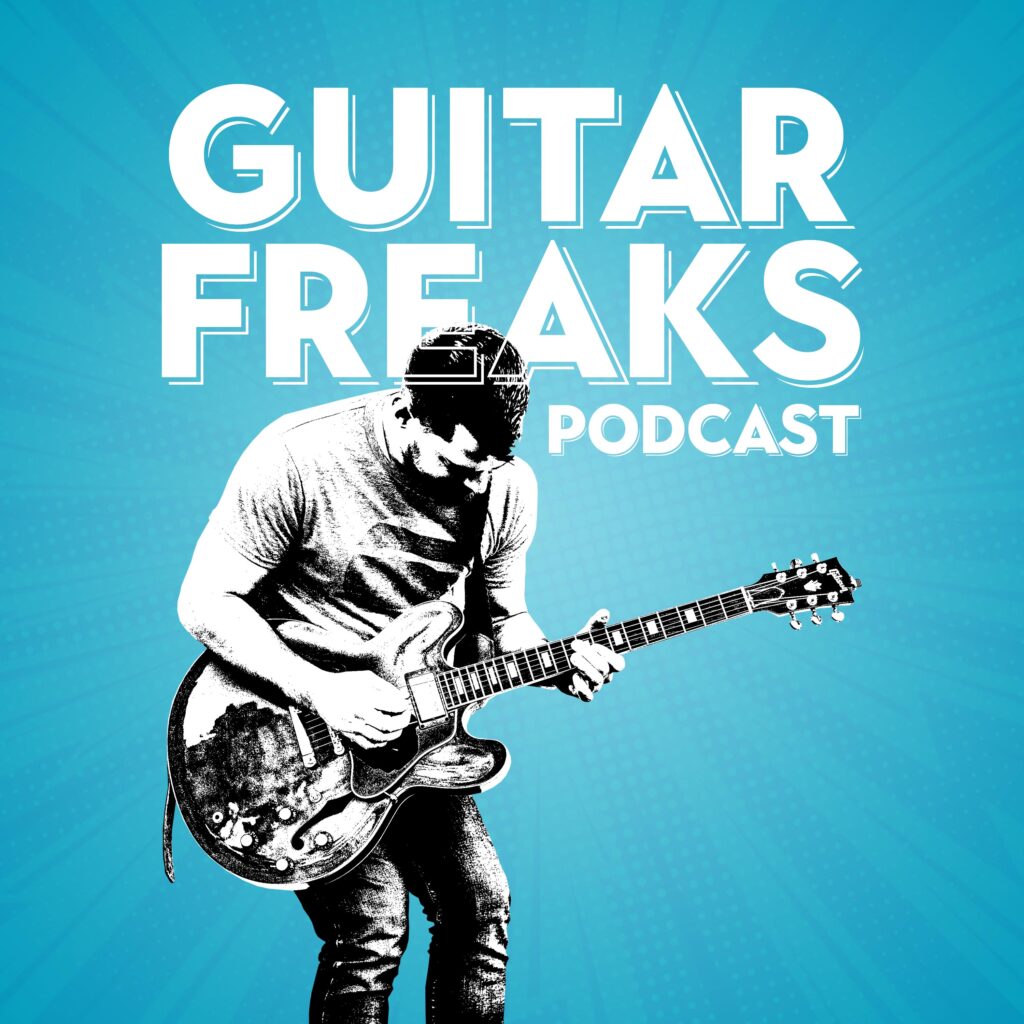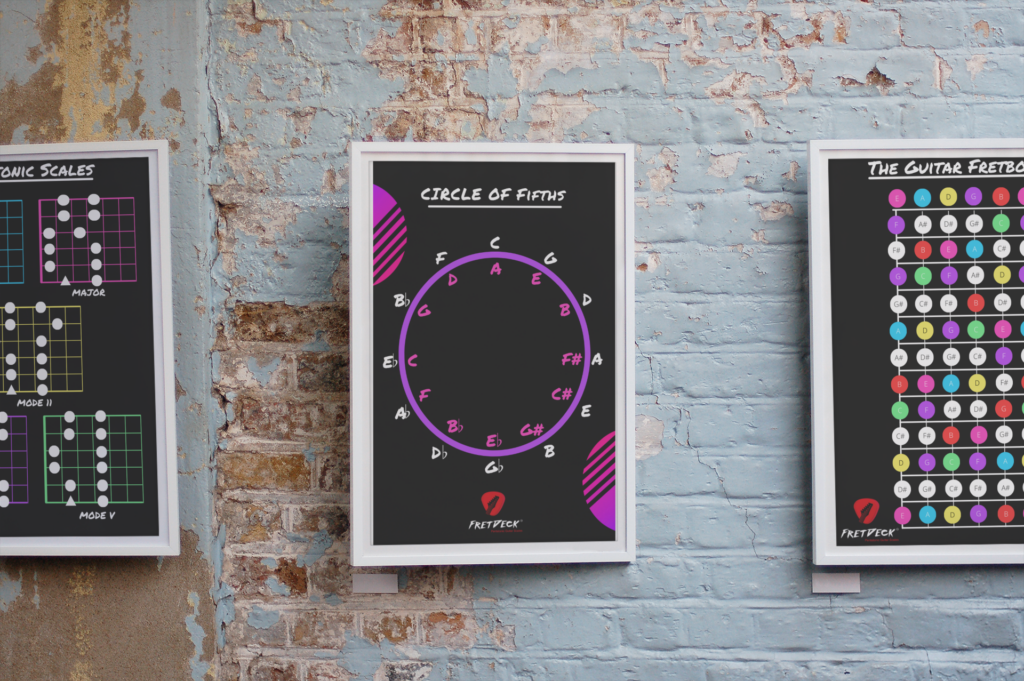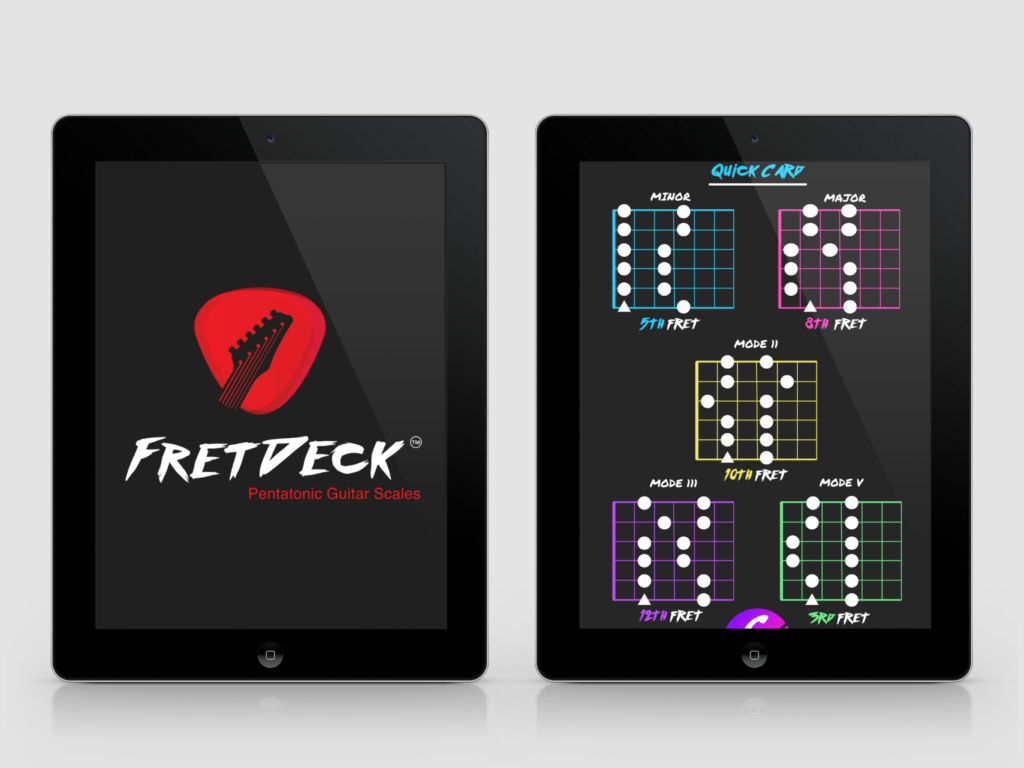The Hidden Power of Guitar Neck Notes
Every guitarist dreams of moving freely across the fretboard with confidence. Yet, most players feel trapped in familiar patterns, limited by their understanding of guitar neck notes. But what if I told you the secret to unlocking the entire fretboard lies right under your fingertips?
Yes, mastering guitar neck notes is the difference between fumbling through songs and commanding the instrument with absolute authority. And in this post, I’m going to show you exactly how to gain that command.
Why Most Guitarists Struggle with Guitar Neck Notes
Most beginners—and even intermediate players—rely too heavily on fretboard patterns and muscle memory. They memorize a few shapes, get comfortable with a couple of keys, and never venture beyond their comfort zone.
And let’s be honest—who has time to learn all those notes when you can just play your favorite songs using tabs?
Here’s the truth: tabs are training wheels, and they’re holding you back. Until you know the notes on the neck, you’ll always be at the mercy of someone else’s instructions.
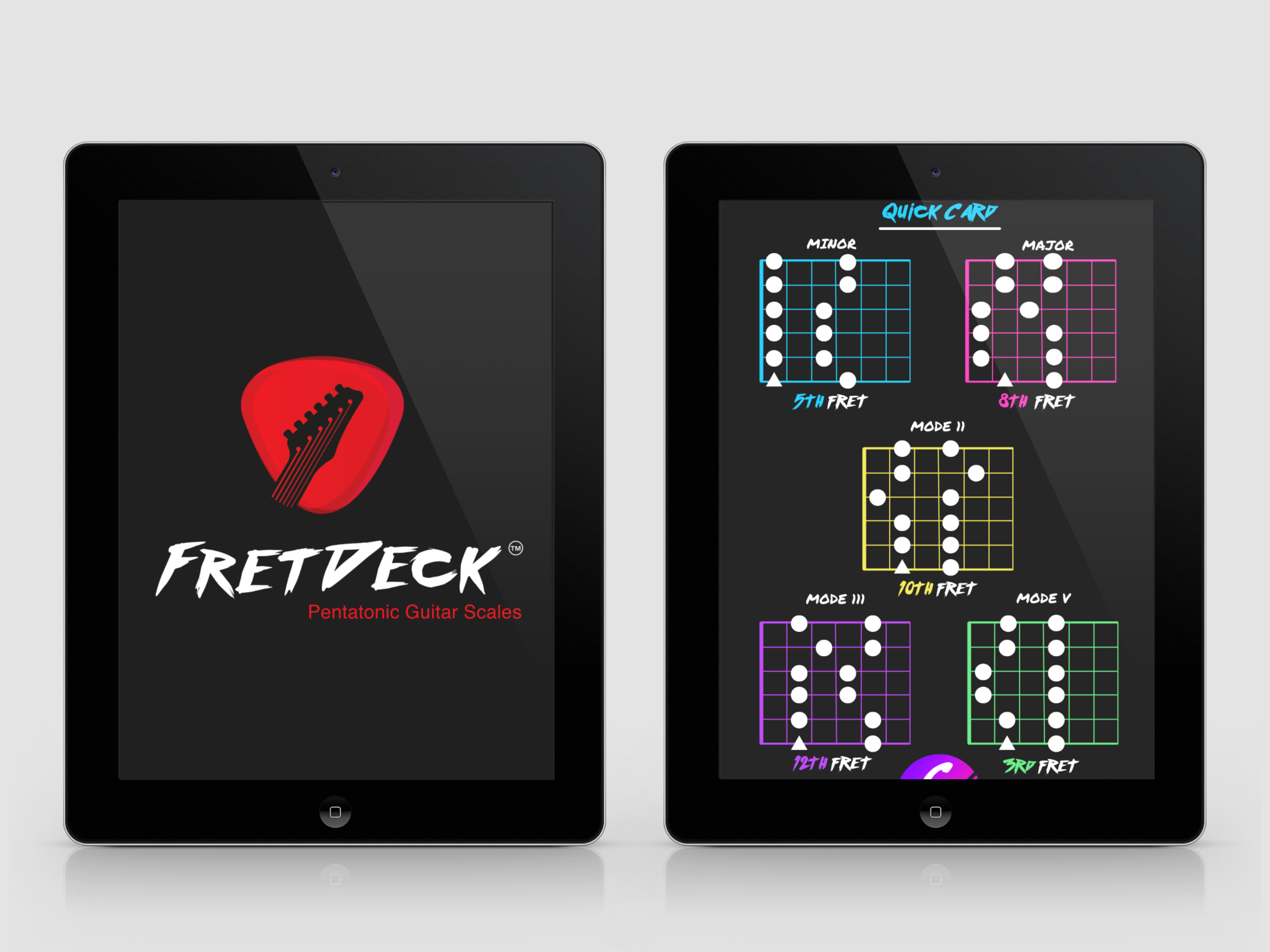
Download The FretDeck & Pentatonic Secrets Course!
Download Our Course
The Brutal Truth: If You Can’t Name It, You Can’t Play It
Think about it. Can you play any note on command? If someone asks you to play an A♭ on the 3rd string, do you hesitate?
If you don’t know your fretboard notes, you’re just guessing. And guessing doesn’t build mastery.
Knowing guitar neck notes means:
- Instantly recognizing where every note lives.
- Understanding how to connect different scale shapes effortlessly.
- Improvising with confidence instead of being trapped in rigid patterns.
The Simple System to Memorize Guitar Neck Notes
Good news: You don’t have to memorize every note at once. Instead, use these proven strategies to own your fretboard.
1. The Natural Notes: The Foundation of the Neck
Before diving into sharps and flats, learn the natural notes (A, B, C, D, E, F, G) on the low E and A strings.
💡 Pro Tip: There’s no sharp or flat between B & C or E & F. This pattern repeats across all strings.
2. The Power of Octaves
Instead of learning the fretboard note by note, use octave shapes:
- Two strings down, two frets up gives you the same note an octave higher.
- Same fret, three strings down gives you another octave.
This simple trick cuts your learning time in half.
3. The Rule of 12
The guitar repeats after the 12th fret, so everything you learn from frets 0-11 repeats from fret 12 onward.
This means you only need to memorize half the neck—the rest is a mirror image.
4. The Fretboard Anchor Points
Instead of treating the neck as an overwhelming maze, focus on anchor points:
- The open strings (E, A, D, G, B, E).
- The fifth fret markers (where power chords are based).
- The seventh fret markers (a common pentatonic home base).
- The twelfth fret, where everything starts over.
These checkpoints allow you to navigate efficiently instead of randomly guessing.
5. The One-String Challenge
Most guitarists get lost because they only see vertical patterns. Try playing a scale on one string only.
For example, play the A minor scale on the low E string:
- Open E
- F (1st fret)
- G (3rd fret)
- A (5th fret)
- B (7th fret)
- C (8th fret)
- D (10th fret)
- E (12th fret)
This forces you to think about each note instead of relying on patterns.

Download The FretDeck & Pentatonic Secrets Course!
Download Our Course
Guitar Neck Notes: Why They Matter for Every Guitarist
You might be wondering: “Do I really need to know all the notes? Can’t I just play what sounds good?”
Yes, but here’s why knowing the neck is a game-changer:
1. Effortless Improvisation
Ever watch great guitarists improvise effortlessly? They’re not guessing—they know exactly where the right notes are.
By understanding the fretboard, you’ll unlock the ability to solo anywhere, in any key.
2. Transposing Made Easy
Need to change a song’s key for a singer? Instead of struggling with a capo, knowing the notes lets you shift instantly.
3. Unlocking Chord Variations
Tired of the same old open chords? When you know your fretboard, you can build any chord anywhere, unlocking richer voicings.
The Ultimate Guitar Neck Notes Exercise (That Actually Works)
Here’s a one-week challenge to master your fretboard:
Day 1: Learn the Natural Notes on the Low E and A Strings
Spend 5 minutes naming the notes from open to the 12th fret out loud.
Day 2: Add the D and G Strings
Use the octave rule to find your notes faster.
Day 3: Full Neck Mapping
Play a game: Pick a random note and find it on all 6 strings as fast as possible.
Day 4: Play Scales on One String
Choose a major or minor scale and play it on one string.
Day 5: Say the Notes While Playing Chords
Instead of memorizing “shapes,” say the actual notes in every chord.
Day 6: Test Yourself
Have a friend call out random notes—find them instantly.
Day 7: Improvise Without Patterns
Forget shapes—solo using only notes you know by name.
Do this for one week, and your fretboard will never feel like a mystery again.
The Difference Between an Average Guitarist and a Master
The difference between a hobbyist and a master isn’t talent—it’s awareness.
Amateur guitarists rely on shapes. Masters rely on notes.
By mastering guitar neck notes, you’ll break free from tabs, unlock your creativity, and finally feel in control of the instrument.
So the question is: Are you ready to take your playing to the next level?
Pick up your guitar right now and start mapping your fretboard. In just a few weeks, you’ll wonder how you ever played without this knowledge.
Because the truth is, the greatest freedom on guitar comes from knowing exactly where every note lives.
FAQs About Guitar Neck Notes
How long does it take to memorize the fretboard?
With focused practice, you can learn the entire neck in about 4-6 weeks.
Is it okay to just learn the pentatonic shapes?
Sure, but limiting yourself to shapes means you’re stuck in patterns. Knowing actual notes lets you break free.
Do professional guitarists actually name the notes while playing?
Yes. While they don’t think about it consciously, their muscle memory is trained through note awareness, not just shapes.
Can I use an app to help me memorize the fretboard?
Absolutely! Apps like Fret Trainer and Guitar Fretboard Note Trainer are great tools.
Will this help with songwriting?
Without a doubt! Knowing the neck lets you experiment with new chords, melodies, and harmonies.
If you’re serious about improving your guitar skills, check out our in-depth guide on Music Notes Guitar Fretboard: Master the Neck and Play with Confidence to take your playing to the next level.
For an interactive way to memorize your fretboard, try using Fret Trainer—a powerful tool designed to help guitarists master their neck notes efficiently.
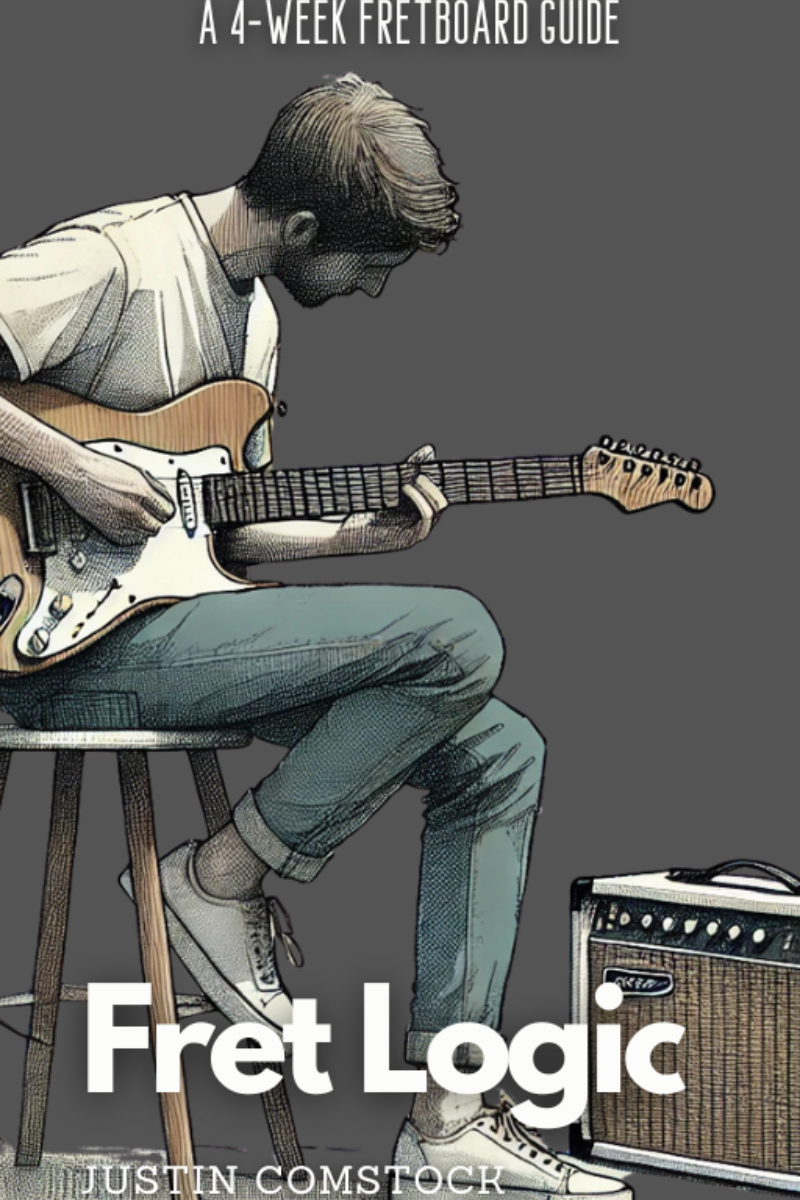
Join Guitar Freaks Hangout on Discord! 🎸
Get Fret Logic FREE!
Join the Guitar Freaks Hangout Discord and get exclusive access to my entire e-book, Fret Logic! Master the fretboard and elevate your solos with this comprehensive guide.
👉 Don’t miss out—join now and download your free copy!
